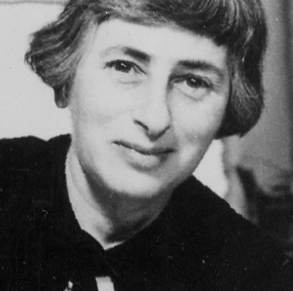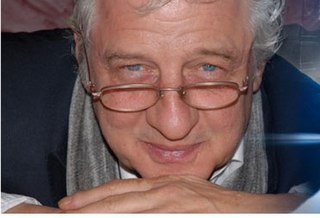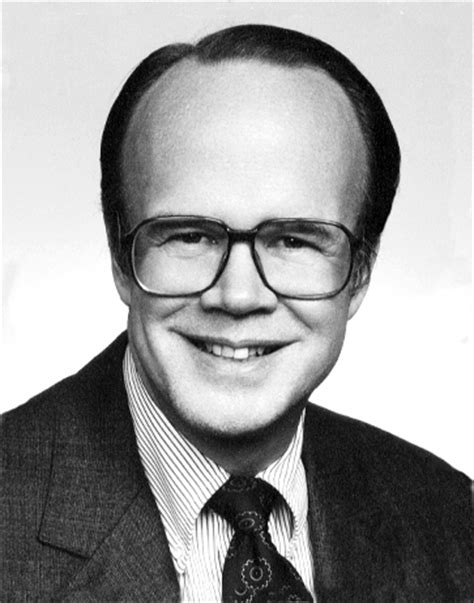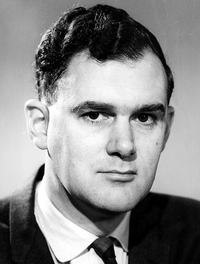A Quote by Tullian Tchividjian
I actually think one of most profoundly and deep pastoral moments between a pastor and his church is what happens between them before God in the context of preaching.
Related Quotes
The system of fathers of the world church, the clergy system of the state church, and the pastoral system of the independent churches are all the same in nature. They are all Nicolaitans. In the Bible there are only brothers. There is the gift of a pastor, but no system of pastors. The pastoral system is man's tradition. If the children of God are not willing to return to the position of that in the beginning, no matter what they do, it will not be right.
The adoration of Jesus in the Most Blessed Sacrament is the end of the Church Militant, just as adoration of God in His glory is the end of the Church Triumphant. A holy rivalry, a concert of prayer, a harmony of divine service should exist between the heavenly court and the Eucharistic court here below, between the adorer and his mother the Church.
The difference between Pound and Whitman is not between the democrat who in deep distress could look hopefully toward the future and the fascist madly in love with the past. It is that between the woodsman and the woodcarver. It is that between the mystic harking back to his vision and the artist whose first allegiance is to his craft, and so to the reality it presents.
Preaching is the primary means of growth for the local church. There is a great deal of debate about this in our day, but it is the preaching of the Word that God most uses to build up a church, not only numerically but above all (and far more importantly) in spiritual depth and understanding of the people who make up the congregation.
Let the average man be put to the proof on the question of who is above, and his true position will be exposed. Let him be forced into making a choice between God and money, between God and men, between God and personal ambition, God and self, God and human love, and God will take second place every time.
I heard about a pastor in a church of 5,000 people who employed two seminary students whose main responsibility was to get four new people baptized each week. When asked, "What happens if they can't meet the quota?", his response was, "Then I'll find two students who can". This man wasn't even remotely interested in true gospel preaching. He was results-driven.
The decision must be made between Judaism and Christianity, between business and culture, between male and female, between the race and the individual, between unworhtiness and worth, between the earthly and the higher life, between negation and God-like. Mankind has the choice to make. There are only two poles, and there is no middle way.
I think we all have a hunger that's hard to name. A lot of people who come to my retreats have never named it before, or else they've named it in church, but they can't actually see the connection between what they're doing with food and this yearning. I call it "the flame" that they have: They yearn for big answers to live a big life. But they have to start with the most basic fears.




































